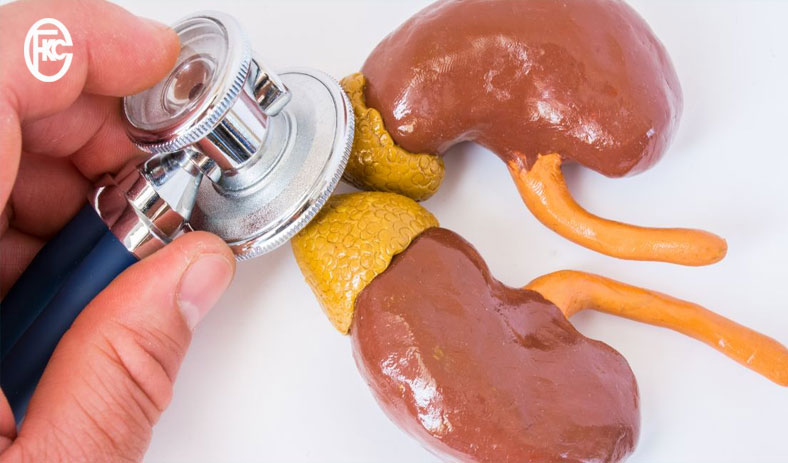
Overview:
Kidney dialysis is a life-saving treatment for individuals with kidney failure or end-stage renal disease (ESRD). This process involves removing waste and excess fluid from the blood when the kidneys are no longer able to do so.
Here are some following reasons why kidney dialysis is important for lifelong health:
1. Waste Removal:
Dialysis helps remove waste products, such as urea and creatinine, from the bloodstream. These substances accumulate in the body when the kidneys are unable to filter them out.
2. Fluid Balance:
Dialysis helps regulate the body's fluid balance, preventing fluid overload or dehydration. Too much fluid in the body can lead to swelling and high blood pressure, while too little fluid can cause dehydration.
3. Blood Pressure Control:
Dialysis helps control blood pressure levels, as high blood pressure is a common complication of kidney failure. Consistently high blood pressure can lead to heart problems and other health complications.
4. Electrolyte Balance:
Kidney dialysis helps maintain proper levels of electrolytes, such as potassium, sodium, and calcium, in the body. Imbalances in these electrolytes can cause muscle weakness, irregular heartbeat, and other health problems.
5. Acid-Base Balance:
Dialysis helps regulate the pH level of the blood, ensuring it remains within a healthy range. When the kidneys fail, they are no longer able to remove excess acid from the body, leading to acidosis. Dialysis helps restore the acid-base balance.
6. Nutritional Support:
Dialysis often requires dietary changes to ensure patients receive adequate nutrition. This includes monitoring protein, sodium, and potassium intake. Dialysis helps remove excess nutrients and waste from the bloodstream, allowing for better control of nutritional needs.
7. Toxin Removal:
Dialysis helps remove toxins and medications from the body. This is particularly important for individuals with kidney failure, as their kidneys are no longer able to efficiently clear these substances from the blood.
8. Improved Quality of Life:
Kidney dialysis helps improve overall quality of life for individuals with kidney failure. By removing waste products and excess fluid, dialysis reduces symptoms such as fatigue, nausea, and shortness of breath.
9. Prolonged Lifespan:
Kidney dialysis can significantly prolong the lifespan of individuals with kidney failure. Without dialysis, waste products and fluid build-up can be life-threatening. Regular dialysis treatments allow individuals to continue living a longer, healthier life.
10. Bridge to Kidney Transplant:
For individuals waiting for a kidney transplant, dialysis serves as a bridge treatment to maintain their health until a suitable donor organ becomes available. Dialysis helps keep the body functioning while waiting for a transplant.
Conclusion:
Kidney dialysis is vital for maintaining lifelong health in individuals with kidney failure or ESRD. It helps remove waste products, regulate fluid and electrolyte balance, control blood pressure, restore acid-base balance, remove toxins, improve quality of life, prolong lifespan, and serve as a bridge to kidney transplantation.